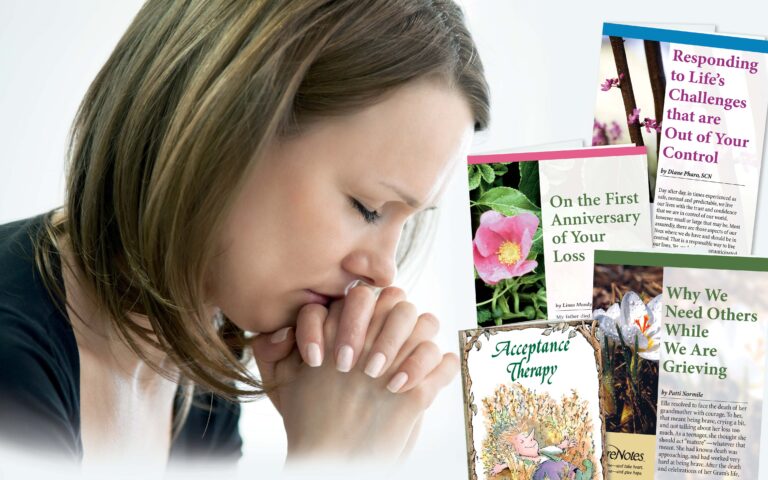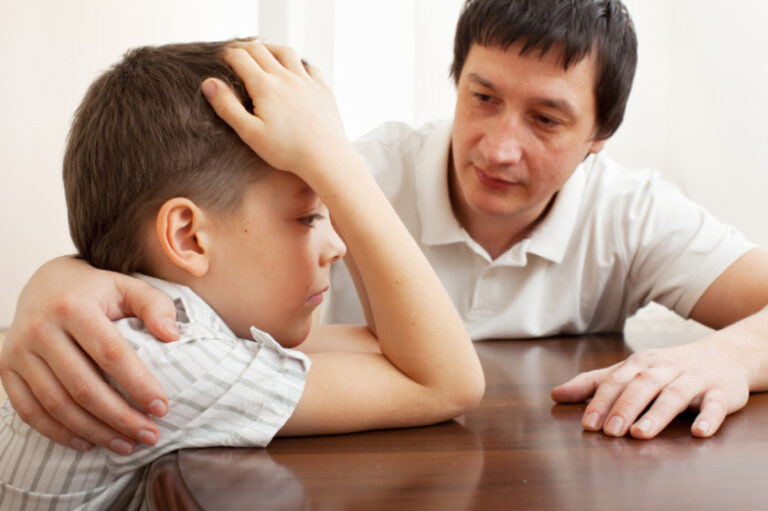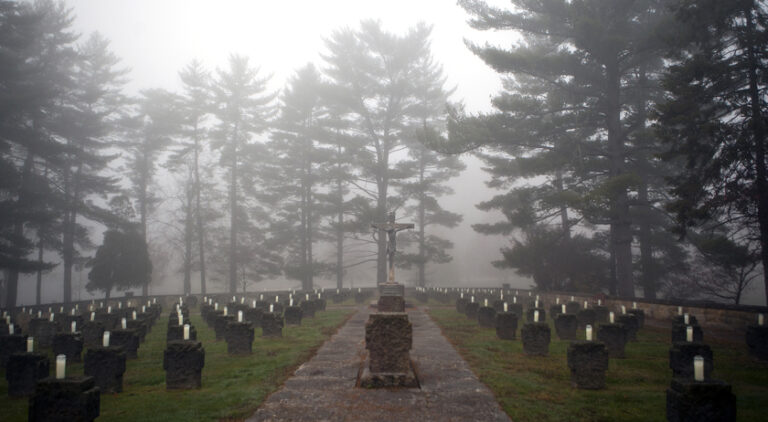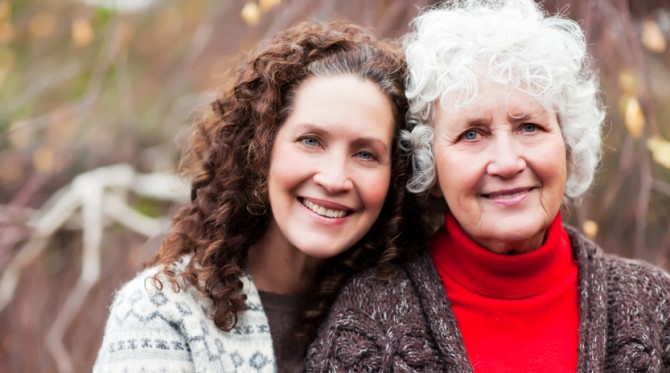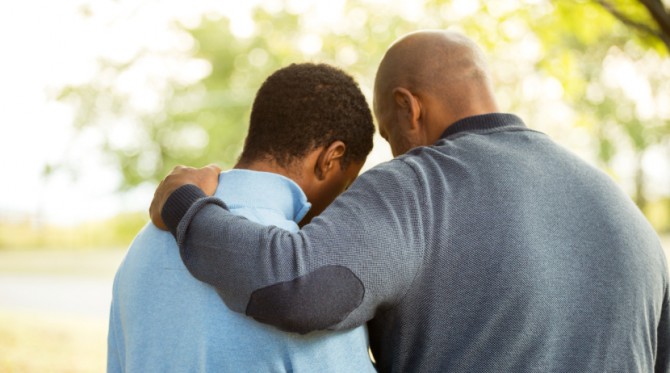My mother, lying in a darkened hospital room, was close to death. But as she reached for my hand and looked at me intently, she was fully aware that her youngest daughter was at her side. “Judy, is it raining?” she asked. “No, Mom, it’s beautiful outside—and it’s even more beautiful where you are going,” I answered as confidently as I could despite the tears in my eyes and the quiver in my voice.
She was almost ready to begin her journey home to God. “Will you be my partner?” she asked, her fingers still wrapped around my hand.
Before I could assure her that I would stay with her as long as I could, she was dead. The woman who had given me birth, nurtured me from infancy to adulthood, taught me how to pray and read and cross the street, and protected me from harm was gone.
It had been a long, agonizing 14 months watching my mother go from stubbornly insisting she could continue to live on her own to needing more and more care as a series of small strokes, and finally cancer, took her mind and body. My family and I had been on a forced march, trying to do our best but never feeling adequate to the task.
But with my mother’s death, memories of the months of exhaustion, fear, self-doubt, second-guessing—and, yes, complaining, “When will all this end?”—instantly vanished. I had experienced the death of loved ones before, but never did it hurt like this. I was almost 44 years old, but I felt orphaned.
Working Your Way Through
Ironically, our society shows very little understanding about the unique pain of losing a mother or father, even though close to 12 million Americans bury a parent annually. What a powerful support group we could be if we were organized! Perhaps the following strategies will be a support as you cope with a parent’s death.
Remember, you have every reason to grieve.
A parent’s death often leaves adult children with a sense of abandonment and even panic that catches us by surprise.
We may have lived enough years to be an adult but we will always be a child in relation to our parents. Even if we find ourselves “parenting our parents” before their deaths, it is the parent of our youth and childhood that we bury. And, as author R. Scott Sullender says in Losses in Later Life, “The world is a different place after our parents die.”
Find ways to cry and talk.
Take advantage of opportunities to share your grief as long as you feel the need. More than likely, many family members will be comfortable hearing you talk about your deceased parent.
You can talk about your deceased parent even with those who didn’t know your mother or father. When it’s June and you’re chatting with your neighbor about this year’s garden, recall how your mother welcomed the arrival of the month that also brought with it her treasured roses.
Finally, talk to your parent. Visits to the cemetery can be a great time for a one-way heartfelt conversation.
Forgive yourself for being human.
Few of us have had trouble-free relationships with our parents. We may look back with pain at harsh words that were spoken, deep rifts that were left untended, missed opportunities to express love.
This uneasiness can be fertile ground for immobilizing guilt after a parent dies and the opportunity for reconciling is lost. But we can be confident that our deceased parent forgives us and, indeed, recognizes his or her role in the situation as well.
We must also forgive ourselves for our imperfect efforts to be responsive as our parent aged, became more dependent, and placed greater expectations upon us.
Emotionally, we may not have been able to handle the demands made on us—switching roles with a parent, for instance, or making the extremely difficult decision to place a mother or a father in a nursing home. Once again, we can be consoled that our deceased parent understands.
Grow from your experience with this tragedy.
If you have buried one or both parents, use the experience as a lesson in life.
Learn from the experience of losing a parent how to approach your own aging process in a healthy way, how to rely on friends and family for support in times of crisis, how to be a better companion in life as well as death, how to express your love for the special people in your life.
We can turn the losses we have sustained into gains. We can use them as tools to help us grow in our understanding of self and our sensitivity to others.
Take heart.
We do not need the wisdom of philosophers or books to tell us that we cannot go home again, that nothing will ever be the same after losing a parent. The dynamics and the history of our family are irrevocably changed. So are we.
Our life has not lost its meaning; indeed, it has taken on new meaning as we bury part of our past and write a new chapter in our lives. And, believing in God’s promise of a life hereafter, we can look forward to a heavenly family reunion.
Excerpt taken from Grieving the Loss of Your Parent CareNote written by Judy Ball.
Learn more at www.carenotes.com.

